On Monday (June 24), the three major music companies filed lawsuits against artificial intelligence (AI) music startups Suno and Udio, alleging the widespread infringement of copyrighted sound recordings “at an almost unimaginable scale.” Spearheaded by the RIAA, the two similar lawsuits arrived four days after Billboard first reported that the labels were seriously considering legal action against the two startups.
Filed by plaintiffs Sony Music, Warner Music Group and Universal Music Group, the lawsuits allege that Suno and Udio have unlawfully copied the labels’ sound recordings to train their AI models to generate music that could “saturate the market with machine-generated content that will directly compete with, cheapen and ultimately drown out the genuine sound recordings on which [the services were] built.”
Hours later, Suno CEO Mikey Shulman responded to the lawsuit with a statement sent to Billboard. “Suno’s mission is to make it possible for everyone to make music,” he said. “Our technology is transformative; it is designed to generate completely new outputs, not to memorize and regurgitate pre-existing content. That is why we don’t allow user prompts that reference specific artists. We would have been happy to explain this to the corporate record labels that filed this lawsuit (and in fact, we tried to do so), but instead of entertaining a good faith discussion, they’ve reverted to their old lawyer-led playbook. Suno is built for new music, new uses, and new musicians. We prize originality.”
An RIAA spokesperson fired back at Shulman’s comment, saying: “Suno continues to dodge the basic question: what sound recordings have they illegally copied? In an apparent attempt to deceive working artists, rightsholders, and the media about its technology, Suno refuses to address the fact that its service has literally been caught on tape — as part of the evidence in this case — doing what Mr. Shulman says his company doesn’t do: memorizing and regurgitating the art made by humans. Winners of the streaming era worked cooperatively with artists and rightsholders to properly license music. The losers did exactly what Suno and Udio are doing now.”
Udio responded on Tuesday (June 25) with a lengthy statement posted to the company’s website. You can read it in full below.
In the past two years, AI has become a powerful tool for creative expression across many media – from text to images to film, and now music. At Udio, our mission is to empower artists of all kinds to create extraordinary music. In our young life as a company, we have sat in the studios of some of the world’s greatest musicians, workshopped lyrics with up-and-coming songwriters, and watched as millions of users created extraordinary new music, ranging from the funny to the profound.
We have heard from a talented musician who, after losing the ability to use his hands, is now making music again. Producers have sampled AI-generated tracks to create hit songs, like ‘BBL Drizzy’, and everyday music-lovers have used the technology to express the gamut of human emotions from love to sorrow to joy. Groundbreaking technologies entail change and uncertainty. Let us offer some insight into how our technology works.
Generative AI models, including our music model, learn from examples. Just as students listen to music and study scores, our model has “listened” to and learned from a large collection of recorded music.
The goal of model training is to develop an understanding of musical ideas — the basic building blocks of musical expression that are owned by no one. Our system is explicitly designed to create music reflecting new musical ideas. We are completely uninterested in reproducing content in our training set, and in fact, have implemented and continue to refine state-of-the-art filters to ensure our model does not reproduce copyrighted works or artists’ voices.
We stand behind our technology and believe that generative AI will become a mainstay of modern society.
Virtually every new technological development in music has initially been greeted with apprehension, but has ultimately proven to be a boon for artists, record companies, music publishers, technologists, and the public at large. Synthesizers, drum machines, digital recording technology, and the sound recording itself are all examples of once-controversial music creation tools that were feared in their early days. Yet each of these innovations ultimately expanded music as an art and as a business, leading to entirely new genres of music and billions of dollars in the pockets of artists, songwriters and the record labels and music publishers who profit from their creations.
We know that many musicians — especially the next generation — are eager to use AI in their creative workflows. In the near future, artists will compose music alongside their fans, amateur musicians will create entirely new musical genres, and talented creators — regardless of means — will be able to scale the heights of the music industry.
The future of music will see more creative expression than ever before. Let us use this watershed moment in technology to expand the circle of creators, empower artists, and celebrate human creativity.



